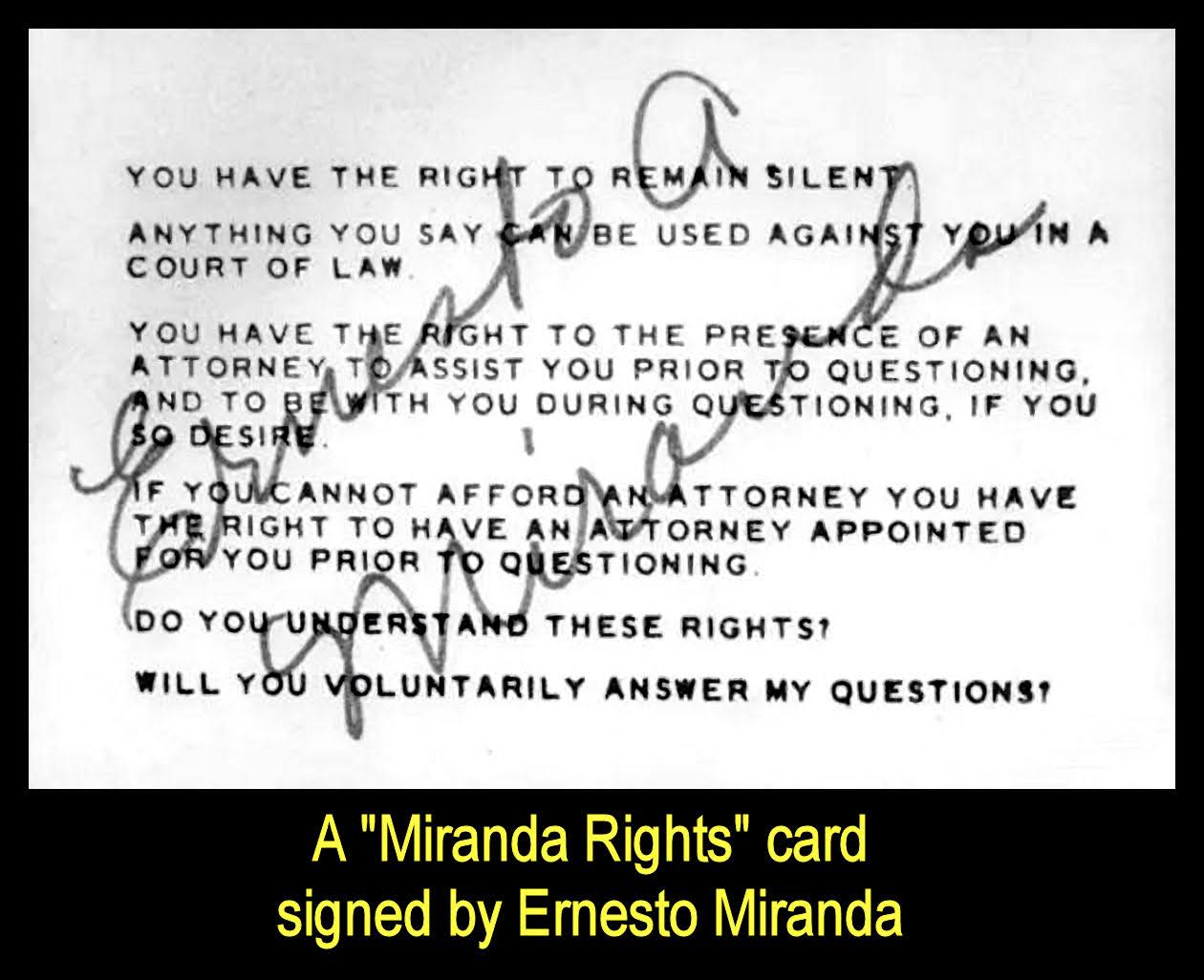Baseball Hall of Famer Satchel Paige (1906-1982) is considered one of the greatest pitchers in history — despite the fact that he only played for teams in the major leagues for about five years.
Paige actually had a very long career in baseball that started in 1926.
But from the mid-1920s to the late 1940s he was limited to playing for teams in “The Negro League,” due to the strict racial segregation that continued to be imposed in America during the first half of the 20th century.
In 1947, Paige’s former Negro League teammate Jackie Robinson finally broke baseball’s color barrier.
The following year, at age 42, Paige was recruited as a pitcher by the Cleveland Indians.
That simultaneously made him both the first Negro pitcher in the American League and the oldest major league “rookie” ever.
In 1951, Paige moved to Missouri to play for the St. Louis Browns.
I once owned the Topps baseball card showing him in his Browns uniform, with his name misspelled as “Satchell.” Looking at the prices that card fetches now on eBay, I wish I still had it.
In 1953, a magazine story about Paige included what became a famous quote that’s included in many books about quotations and baseball:
“Don’t look back. Something might be gaining on you.” [Sometimes given as “…may be gaining...”]
This the best known of the six rules attributed to Paige in that article, which was written by sports journalist Richard Donovan and published in the June 13, 1953 issue of Collier’s.
The six rules, (variously known as Satchel Paige’s “Six Rules for a Long Life” and “Rules for Staying Young”) were featured in a sidebar of the article and recorded as follows:
“1. Avoid fried meats, which angry up the blood.
2. If your stomach disputes you, lie down and pacify it with cool thoughts.
3. Keep the juices flowing by jangling around gently as you move.
4. Go very light on the vices, such as carrying on in society. The social rumble ain’t restful.
5. Avoid running at all times.
6. Don't look back. Something might be gaining on you.”
The Collier’s article made Paige’s rules famous.
Paige enhanced awareness of them by reciting the rules to fans and reporters throughout the rest of his life. He even had them printed on the back of his business cards.However, over the years, questions arose about whether Satchel’s rules had actually been created by him or by Richard Donovan.
The truth seems to be somewhere in between.
In Paige’s 1962 memoir, Maybe I’ll Pitch Forever, he said he did have a system of personal rules that helped him be one of the best — and eventually oldest — pitchers in baseball.
“Some sports guy on the East Coast heard me talking about them once and then he went and turned them into a bunch of rules for me to stay young,” Paige recalled.
Regarding the most-quoted rule about not looking back, Paige said: “That last one that fellow wrote was my real rule. When you look back, you know how long you’ve been going and that just might stop you from going any farther...So I didn’t.”
In the excellent biography SATCHEL: The Life and Times of an American Legend, author Larry Tye concludes that the rules were based on things Paige said to Donovan during hours of interviews, but the exact wording was probably Donovan’s.
Paige retired from major league baseball not long after Collier’s published his “six rules” in 1953. But he remained a popular celebrity until his death from a heart attack in 1982.
His heart problem may have had something to do with the fact that — by his own admission — Satchel regularly violated Rule #1.
On February 9, 1971, Paige became the first black "Negro League" veteran to be nominated for the Baseball Hall of Fame.
* * * * * * * * * *
Comments? Corrections? Questions? Email me or post them on my Famous Quotations Facebook page.
Further reading and viewing about Satchel Paige and the Negro Leagues…


 You probably know the famed
You probably know the famed  Miranda v. Arizona was appealed up to the U.S. Supreme Court. The justices ultimately ruled that Miranda’s rights had indeed been violated. The court’s decision included a section that became the basis for what was soon being called “Miranda Rights.”
Miranda v. Arizona was appealed up to the U.S. Supreme Court. The justices ultimately ruled that Miranda’s rights had indeed been violated. The court’s decision included a section that became the basis for what was soon being called “Miranda Rights.” 














